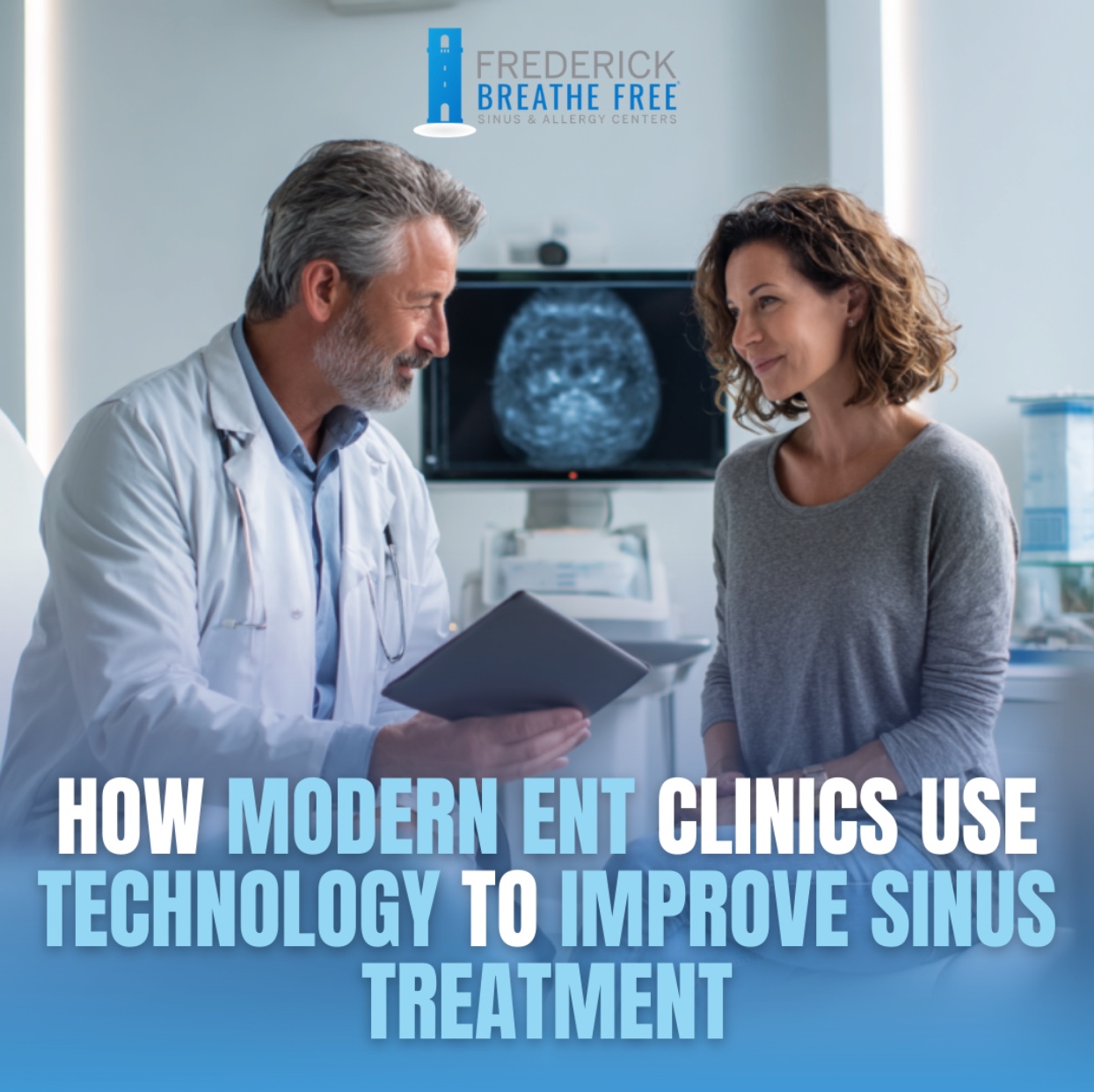Back-to-School Means Back to Allergies: Tips for Frederick Teachers, College Students, and Parents
Summer break is winding down, and in Frederick, many families are preparing for new routines, full classrooms—and, unfortunately, allergy symptoms. While spring gets the spotlight for seasonal allergies, late summer and early fall can be just as challenging, especially for adults returning to school environments.
If you're a teacher, college student, or parent, don't overlook back-to-school allergies in Frederick. Here’s how to manage the sneezing, sinus pressure, and fatigue so you can start the academic year feeling focused and prepared.

📚 Why Allergies Flare Up in the Fall in Frederick
Fall allergies in Frederick are often driven by ragweed pollen, mold spores, and indoor allergens that accumulate in schools and universities. Ragweed season typically starts in mid-to-late August and can linger into October.
For many adults, allergy symptoms can appear as sinus pressure, headaches, fatigue, or even brain fog—not just sneezing or runny noses. If you're returning to work or class feeling more sluggish than refreshed, environmental allergies may be the cause.
👩🏫 Allergy Triggers to Watch for in Frederick Classrooms and Campuses
Whether you’re in a public school, private academy, or college campus in Frederick, there are several common allergy triggers that can worsen symptoms:
- Dust mites in carpets, curtains, and upholstered furniture
- Dry-erase markers and chalk dust, which may irritate nasal passages
- Poor ventilation, increasing indoor allergen exposure
- Ragweed pollen, which peaks in late summer
- Mold, especially in older buildings or damp storage areas
If you experience consistent sinus pressure, itchy eyes, or headaches while indoors at school or work, these triggers may be contributing.
✅ Back-to-School Allergy Tips for Adults in Frederick
Adults with allergies in Frederick can often manage symptoms effectively with a few daily habits. Consider these practical steps to reduce your exposure:
Start Medications Before Symptoms Peak
Begin using allergy medications, such as antihistamines or nasal sprays, about 1–2 weeks before school starts. Early intervention may help reduce flare-ups. Speak with your healthcare provider for personalized recommendations.
Use a Saline Rinse After Work or Class
Saline nasal rinses can flush out pollen, dust, and mold particles. Using one in the evening is a simple way to reduce buildup in the sinuses.
Keep Your Workspace Clean
Disinfect shared desks, keyboards, and classroom materials regularly to reduce exposure to dust and allergens.
Change Clothes When You Get Home
Outdoor allergens like pollen cling to your clothes and hair. Changing outfits and rinsing off after school can limit how much you bring inside.
Consider a HEPA Air Filter at Home
For indoor air quality concerns, a portable HEPA purifier in your bedroom or office can help reduce airborne allergens.
These small steps can support a healthier daily routine and reduce the risk of missing work or school due to allergy-related fatigue or discomfort.
👃 When to See a Sinus Doctor in Frederick
If over-the-counter medications are no longer effective, or if your allergy symptoms are persistent, it may be time to visit a sinus and allergy specialist in Frederick.
At Frederick Breathe Free Sinus & Allergy Centers, our ENT doctors work with students, teachers, and professionals to identify the underlying causes of their symptoms and recommend treatment options designed to reduce discomfort.
🌼 Don’t Let Allergies Distract You This School Year
Whether you’re getting kids ready for school, managing a full classroom, or moving into a college dorm, allergies don’t have to slow you down. With the right guidance and care, many patients are able to better manage their allergy symptoms during back-to-school season in Frederick.
Call Frederick Breathe Free or request a visit online today. Let’s make this school year a healthy one—from the first bell to the final exam.


.png)
.png)

.png)

